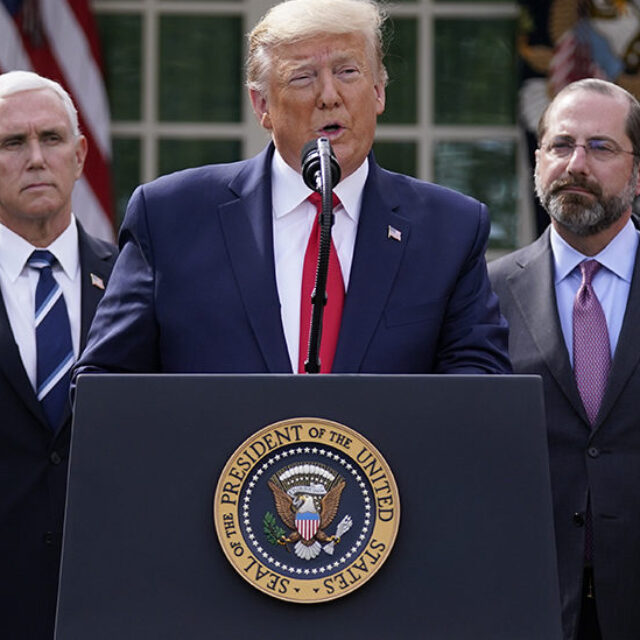The national state of emergency announced by President Donald J. Trump on Friday will give U.S. states and territories access to up to 50 billion dollars in funding to combat the effects of the COVID-19 pandemic. Trump has also made it easier for public health authorities to waive regulations that might impede providers’ ability to respond to the virus, and slapped a 30-day ban on travel from Europe.
But these efforts aren’t just too late to prevent the rapid spread of the disease first discovered in Wuhan, China, in 2019, says Daniel Aldrich, who directs the security and resilience studies program at Northeastern.



